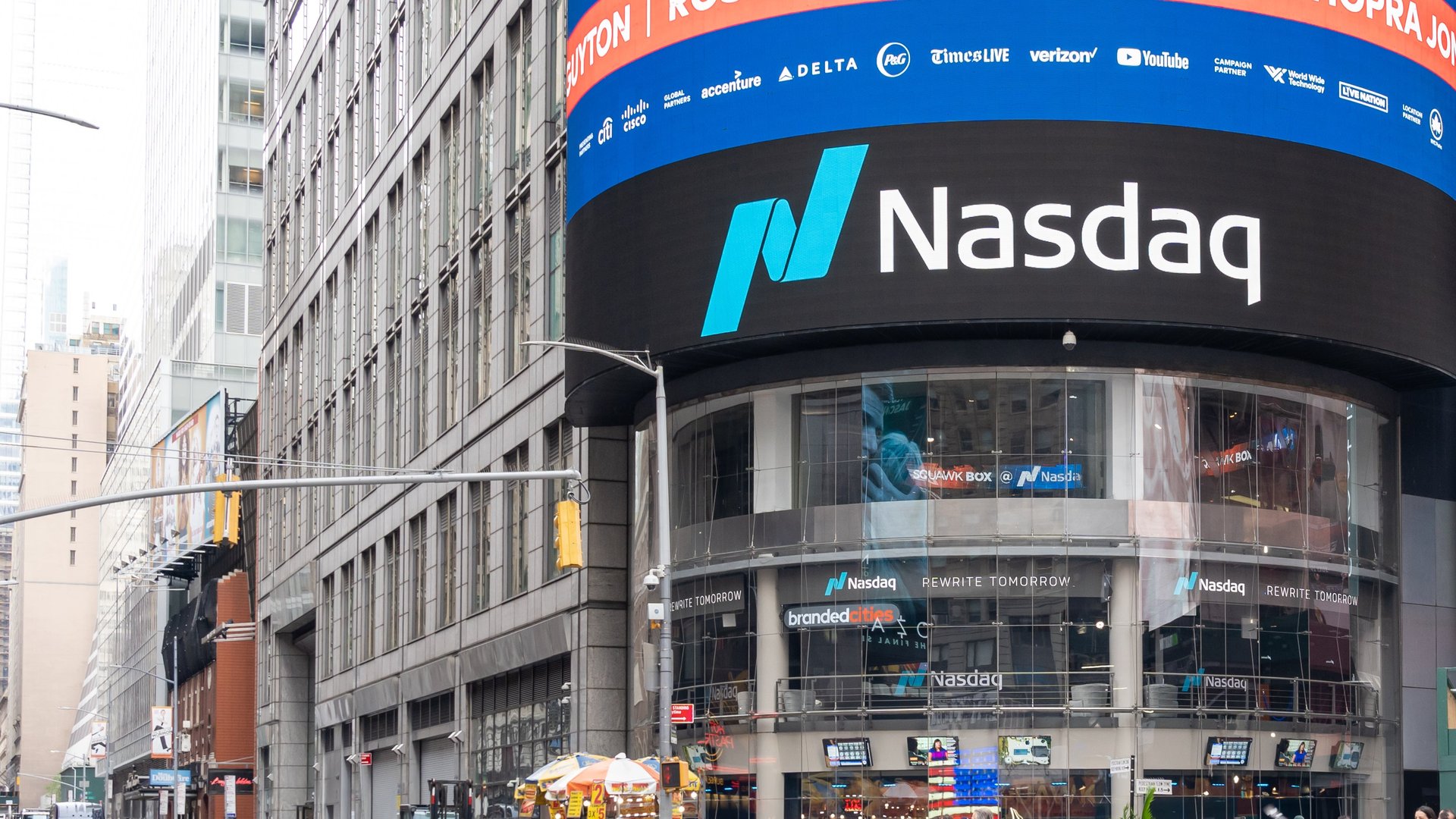'Mega tech IPOs' could finally come in 2025, Nasdaq president says
The tech-heavy Nasdaq has seen 19% returns this year, outpacing the S&P 500

As hype around artificial intelligence shows little signs of slowing, next year could be a massive year for tech firms making their debuts on the public market.
Suggested Reading
“The energy in [Silicon] Valley is back and exciting, and companies are getting funded at a very rapid pace,” said Nasdaq president Nelson Griggs in a panel discussion at the Forbes Iconoclast Summit in New York Thursday morning. “‘25 will be a year of some of the mega tech IPOs you’ve been hearing about.”
Related Content
The market for initial public offerings has been sleepy in recent years, largely dozing as a result of high interest rates, climbing inflation, and bottlenecked capital flows following the onset of the COVID-19 pandemic. So far this year, however, it has shown early signs of waking up.
In the first quarter of 2024, the same number of companies went public as in 2023 — but they were able to raise about three times as much capital.
Two of the biggest IPOs this year so far have been in the tech sector: AI upstart Astera Labs and popular social media platform Reddit, which together raised $1.5 billion. Reddit also has an AI strategy, through which it attracted the FTC’s attention.
This could be just the beginning of an ongoing trend. Colin Stewart, Morgan Stanley’s global head of technology equity capital markets, told CNBC in April that he expects 10 to 15 more tech companies could go public before the end of this year. And 2025 is poised to be an even “better year” for the markets, he said.
Tech firms looking to go public got a positive signal last September after British chip maker Arm began trading on the Nasdaq to much fanfare. Its shares climbed 25% in the biggest IPO of the year, closing out its first trading day at $63.59 per share. Arm’s stock traded at $158.79 on Thursday afternoon, giving it a market capitalization of $166 billion.
Michal Katz, head of investment and corporate banking at Mizuho Americas, noted on Thursday’s panel that 1,400 unicorns have been created over the last 5 years that need to go public. Unicorns are privately owned startups valued at over $1 billion that are not listed on public exchanges.
Katz said until markets like the Nasdaq open up to companies, these private firms need to find alternatives, including mergers and acquisitions, and minority stakes.
“But something needs to happen in order to satisfy investor demand for return on their investments,” she said.
The tech-heavy Nasdaq has seen 19% returns so far this year, outpacing the S&P 500 by 4 percentage points.
